Last Updated: November 4, 2025
Cylinder Explosion at Supreme Court Pakistan: What Happened Today
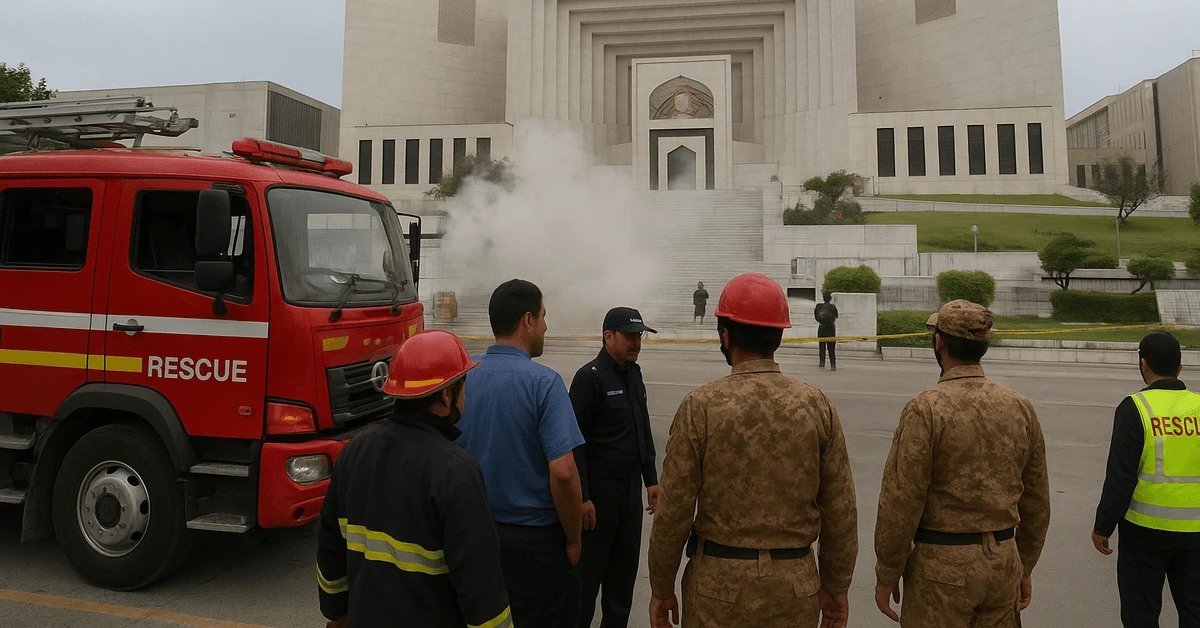
On Tuesday morning, a gas-cylinder explosion in the basement of the Supreme Court of Pakistan (Islamabad) injured four people and caused panic within the building. Emergency services responded rapidly, and authorities launched a formal investigation into the cause of the blast and the extent of damage. This article summarises the incident, response, and what it means for court security and building safety.
When and where it happened
The incident occurred in the basement area of the Supreme Court building in Islamabad during ongoing repair and maintenance work on the air-conditioning or central cooling system. Initial reports indicate a gas cylinder connected with the AC plant exploded, sending shock-waves through the lower floors and prompting evacuation of judges, staff and legal professionals.
Injuries and immediate response
Four individuals who were working or present near the maintenance area sustained injuries and were transported to a nearby hospital. Their conditions have been reported as stable except one person initially described as more seriously hurt. Security and rescue teams—including the bomb-disposal squad—were deployed to secure the scene, collect evidence and seal the area while court operations were halted temporarily.
Evacuation and building impact
The blast caused a loud explosion that reverberated through the court’s chambers. Lawyers, staff and visitors rushed out of their offices and courtrooms to open areas outside the building in response. Furniture and equipment in the canteen and basement area were reported damaged. The immediate area has been cordoned off by law-enforcement and inspection teams.
Cause under investigation
Officials have confirmed that the explosion’s origin lies in the maintenance zone of the building’s air-conditioning system. A gas cylinder used for the AC plant appears to have been involved, potentially releasing combustible gas or experiencing over-pressure explosion. Investigators are examining whether safety protocols, cylinder standards, ventilation or electrical sparks contributed. Court authorities and security agencies are awaiting the bomb-disposal and forensic reports to determine exact cause and any criminal or accidental liability.
Security and institutional implications
An explosion inside the apex court complex raises serious questions about building maintenance, occupational safety, and emergency preparedness in critical national institutions. The fact that this occurred in a location housing judicial functions means any disruption has potential implications for legal proceedings and public confidence. Authorities will need to review safety standards and ensure that similar hazards are prevented.
What to watch next
- Release of official investigation findings including cause of explosion and number of casualties or damage estimates.
- Any potential legal or structural consequences for contractors, maintenance teams or building management if negligence is found.
- Review of court building maintenance protocols, cylinder safety regulations and emergency evacuation procedures.
- Resumption of regular court hearings and whether any delays or cases are affected by the disruption.
Conclusion
The cylinder explosion at the Supreme Court building in Islamabad is a serious incident with both human safety and institutional implications. Though the number of injuries is relatively low, the blast inside a key national institution underscores the importance of strict safety oversight. As investigations proceed, there is a clear need for enhanced preventive measures in all court facilities and public buildings.
Frequently Asked Questions (FAQs)
Q: How many people were injured in the blast?
A: Four people were reported injured in the explosion at the Supreme Court’s basement maintenance area.
Q: Has court business been affected?
A: Yes, operations were briefly disrupted as staff and legal personnel were evacuated. Building inspections and security checks are ongoing.
Q: What caused the explosion?
A: Investigations point to a gas cylinder used for the air-conditioning plant in the building’s basement, but the exact cause is still under review.
Q: Will there be legal action or accountability?
A: If negligence, safety standard violations or faulty equipment are found to be factors, there may be legal consequences for responsible parties. The official inquiry will determine next steps.
You May Also Like:
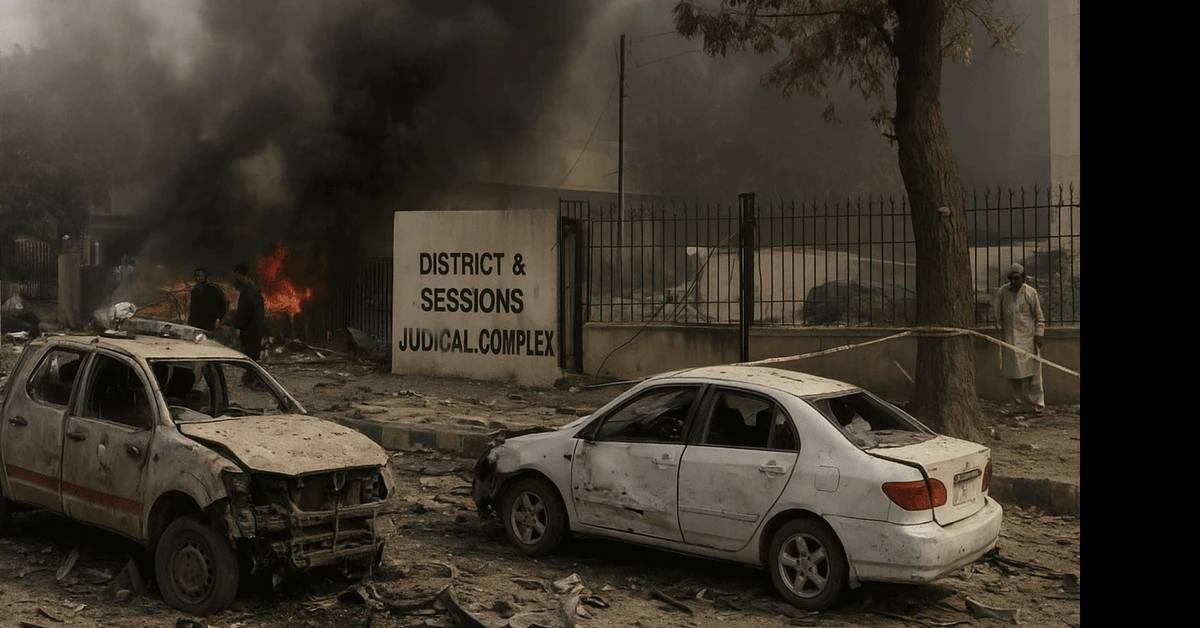
Islamabad Suicide Blast 2025: Massive Explosion Near G-11 Court, What We Know So Far...
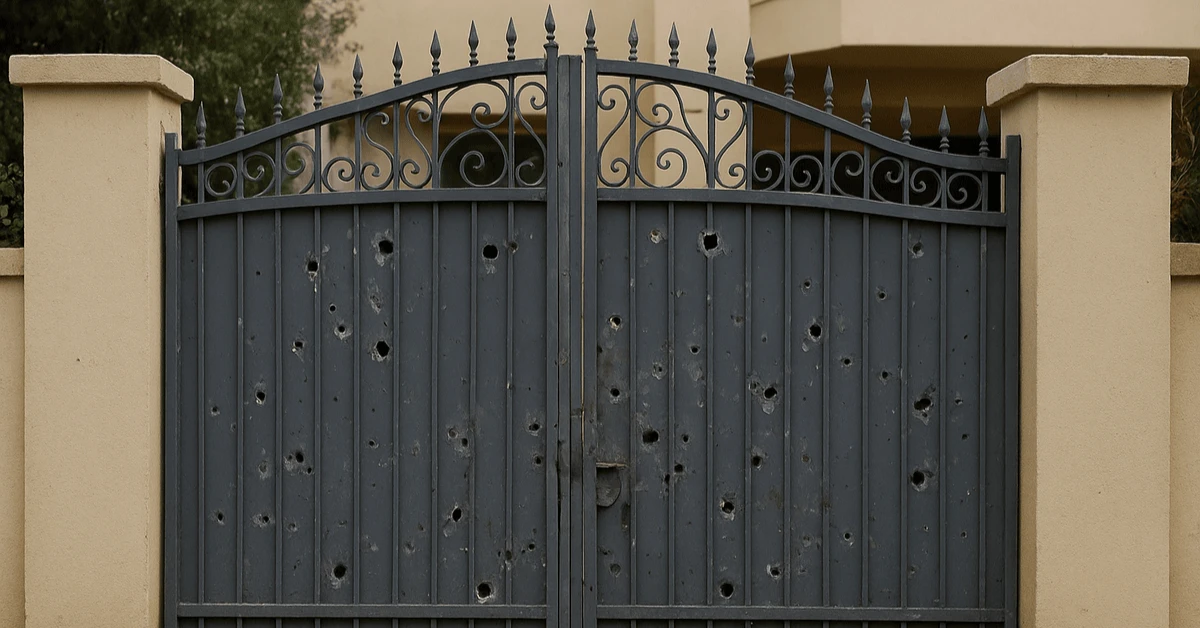
Naseem Shah House Tragedy Today: What Really Happened?...
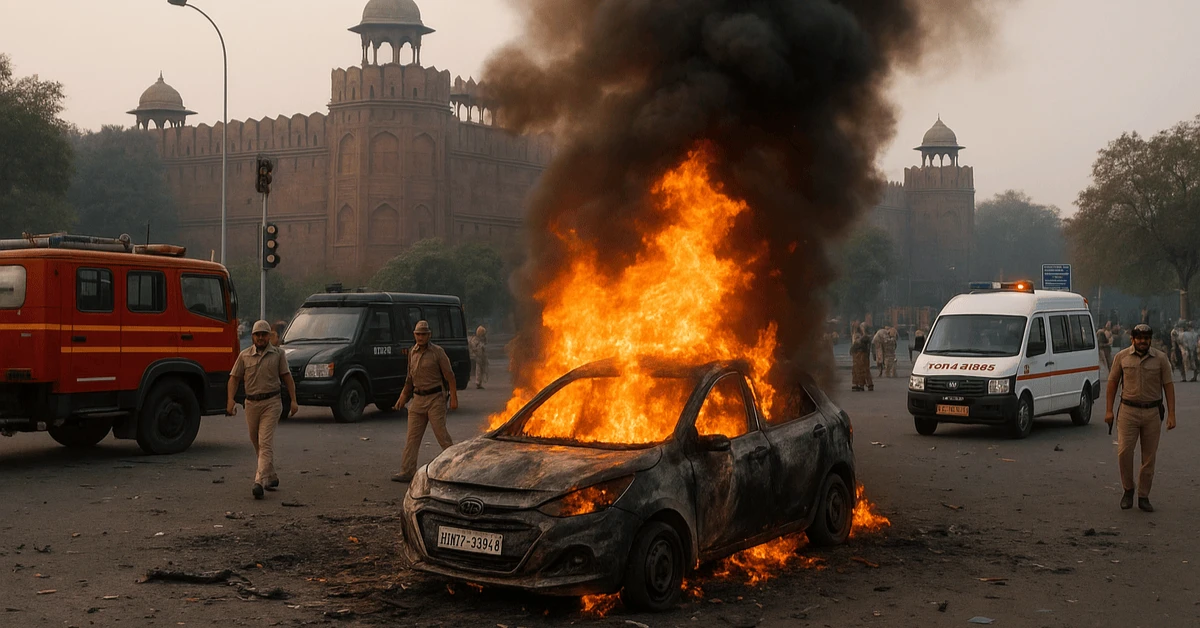
Car Explosion Near Red Fort, New Delhi: What Happened and What It Means...

From Serena to Steffi: The Top 10 Female Tennis GOATs Who Dominated the Court...

Resilience on Court: Monica Seles and Other Athletes Who Fought Hidden Battles...
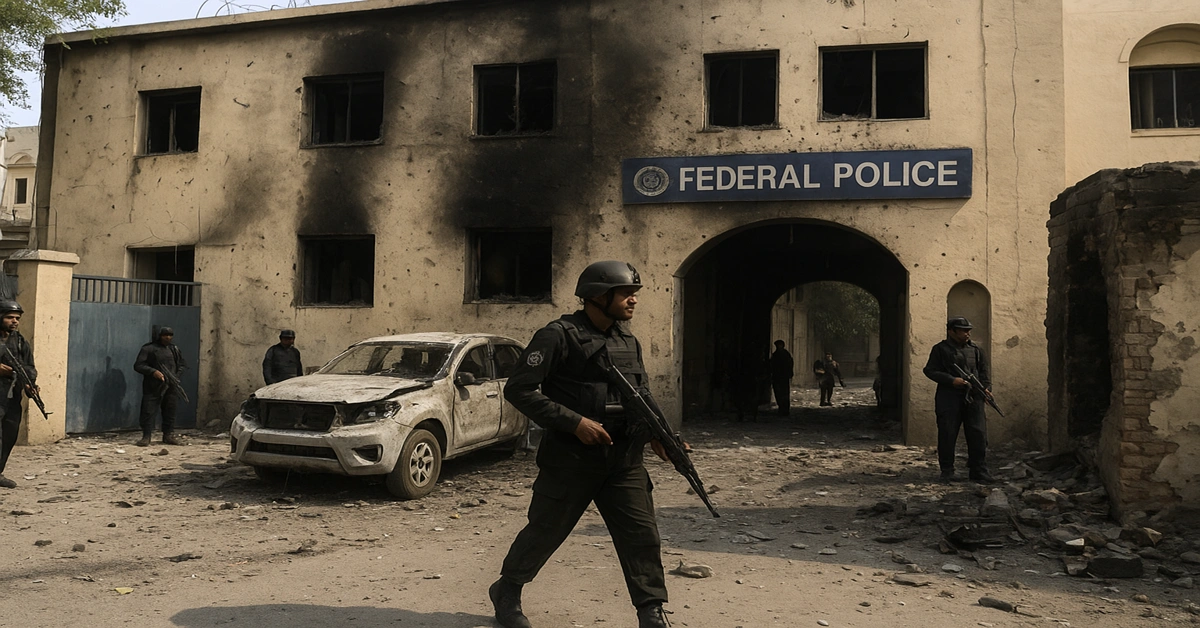
Peshawar FC Headquarters Attack in 2025: What Happened and Latest Updates So Far...
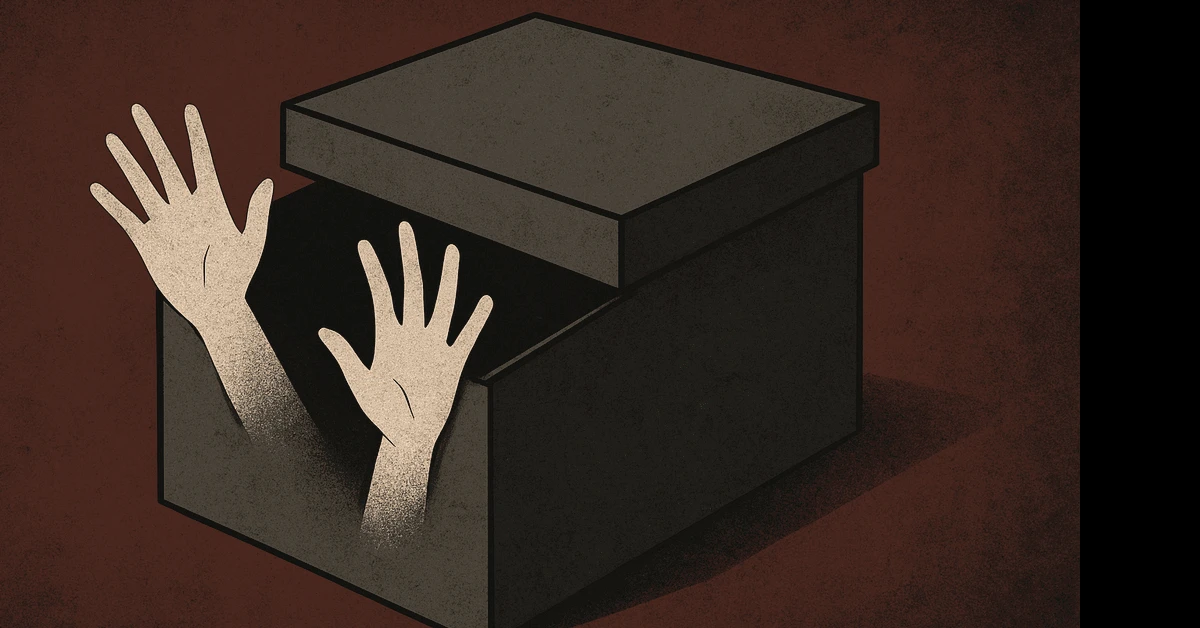
Mass Killings in Sudan: Timeline, Facts and What Happened in El Fasher...

